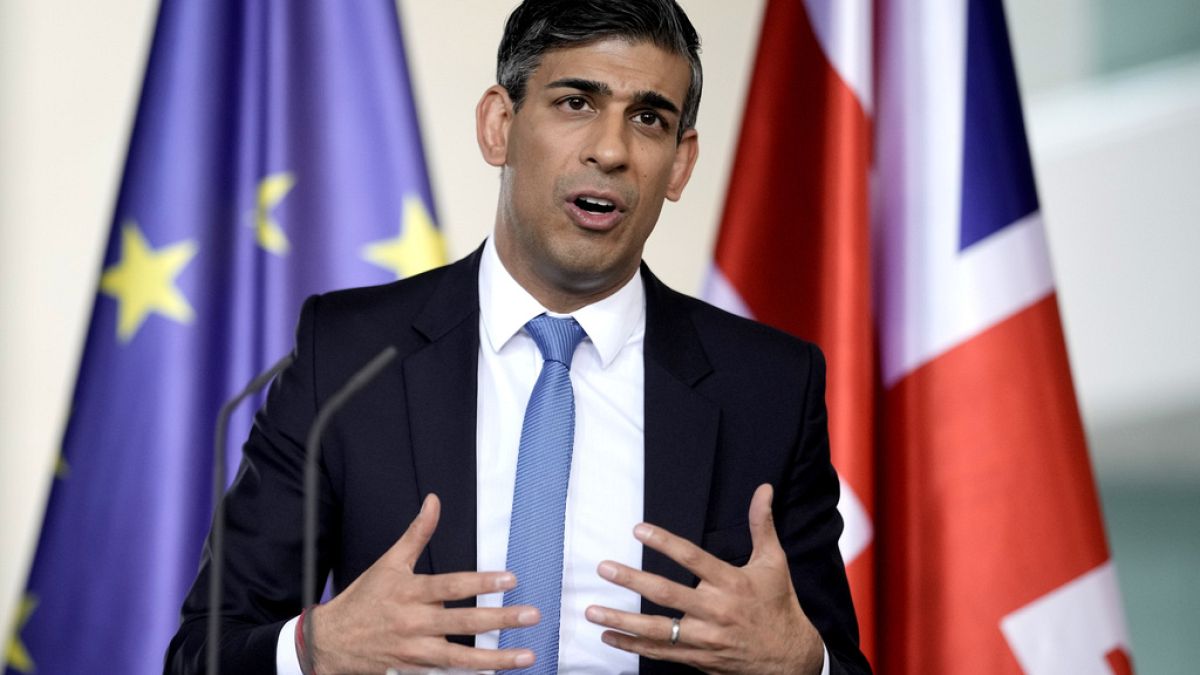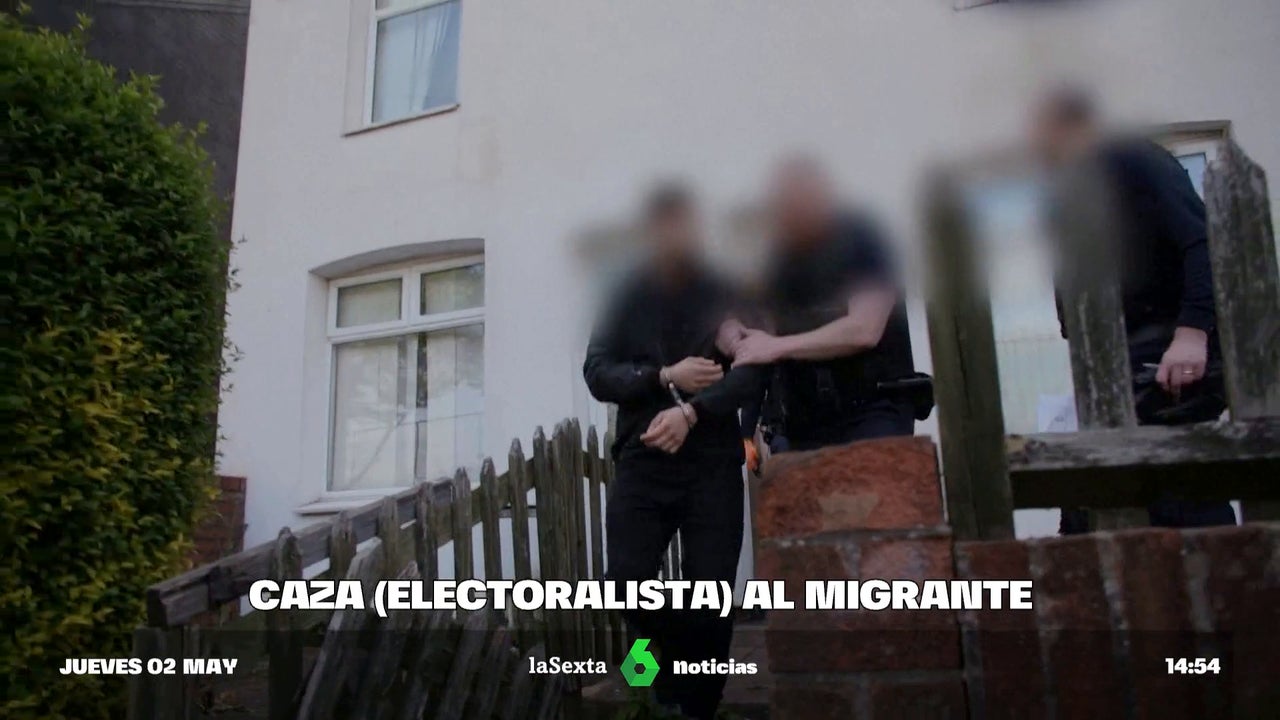Joe Biden arrived in Belfast, the capital of Northern Ireland, this Wednesday, April 12, with a double feeling: fear of getting involved in that country’s nationalist entrenchments and a desire to learn about the history of his Irish ancestry.
Hours after landing, the President of the United States addressed the people of Northern Ireland just two days after the 25th anniversary of the Good Friday Agreement which brought peace to the island and in which the United States mediated.
“It took years of hard work to get here. It is up to us to continue this (…) Your story is our story. And more importantly, your future is the future of the United States,” Biden said in his speech. a speech statement from the University of Ulster, in which he reflected on how much the city had changed since his visit during his youth as senator for the Democratic Party.
During his first presidential visit to Northern Ireland, Biden urged political leaders to restore the Government – in full-fledged institutional blockade – with a very promising promise: the investment of dozens of American companies if the political situation in the United Kingdom were to normalize, something that would help boost its economic growth.
And the backdrop to this official visit is the political stagnation of the Common Powers government, a key part of the 1998 peace deal, which has not met for over a year due to trade agreement disputes after Brexit.
After much disagreement, Great Britain and the European Union reached a deal in February to address trade tensions, a proposal the United States welcomed. However, the Democratic Union Party (DUP) argued that the Windsor Framework “did not adequately protect Northern Ireland” and refused to return to government.
“I hope the Assembly and Executive are reinstated soon. This is a decision you make, not me, but I hope so,” Biden told leaders of Northern Ireland’s five main political parties.
Prior to his speech, Biden’s agenda kicked off this Wednesday with a tea date with Rishi Sunak, the British Prime Minister. And while Biden said the recent Windsor Framework agreement offered the stability and predictability needed to encourage more investment, he also said he had no plans to try to meddle in national politics.
Asked by Sunak what he plans to tell the leaders of Northern Ireland’s five main political parties when he meets them, Biden replied: “I’ll be listening.”
Later, the White House assured that the United States would not impose conditions on investments in Northern Ireland, but “it is fair to say that the incumbent administration will provide the company with greater stability and certainty.”
On the nationalist or trade union side?
Democrats have Irish and Catholic roots. In fact, he’s planning a trip this Wednesday to County Louth in the Republic of Ireland – halfway between Belfast and Dublin-, where his great-grandfather was born.
Biden’s great-grandfather, Owen Finnegan, a shoemaker from County Louth, immigrated to the United States in 1849. His family, including Biden’s great-grandfather, James Finnegan, followed in 1850.
The part of his family that lives on the island now lives in County Mayo, and Biden is scheduled to join them next Friday, April 14. His Irish and Catholic ancestry, which the President of the United States always claims, has made many people ask themselves: does the president side with the nationalist -Catholic- or trade union -Protestant-?
Distrust espoused mainly by some union members. Sammy Wilson, a DUP MP in the UK Parliament, told Talk TV that Biden “has a history of being pro-Republican, anti-Union and anti-British”.
In addition, several journalists have repeatedly asked him if he “hated” Great Britain. Others remind him that in 1985, when he was a senator, Biden spoke out against facilitating the extradition of members of the Irish Republican Army (IRA) to Britain from the United States.
Some of the statements that the White House categorically denied. Amanda Sloat, director of the European National Security Council, assured that Biden’s record “shows that he is not anti-British”.
Prior to his speech at the University of Ulster, Biden met in person with Northern Ireland’s political leaders. Among them, Jeffrey Donaldson, president of the DUP. And, while this meeting has eased distrust, Donaldson assured that the president’s visit to Northern Ireland would not end his party’s more than year-long boycott of the Government.
“This doesn’t change the political dynamics in Northern Ireland. We know what has to happen,” Donaldson said at a news conference when asked by reporters if his conversation with Biden meant change.
In the coming days, Biden is planning several public events in the neighboring Republic of Ireland, but his trip is expected to be mostly private. Actually, this is not his first personal visit there. In his final months as vice president, Biden spent six days touring the legendary land of leprechauns and the Gaelic language.
There, he invested doctors honoris causa in Law from Trinity College – the country’s most prestigious university – and gave a speech at Dublin Castle. Now, he hopes to return to enjoying his family and legacy in the country, although this time it is his turn to do so as president of the United States.
With AP, Reuters and local media

“Web specialist. Incurable twitteraholic. Explorer. Organizer. Internet nerd. Avid student.”





